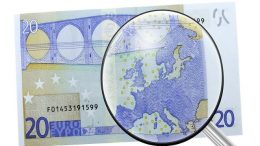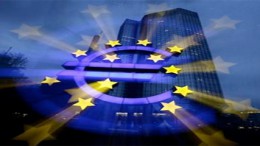Eurozone inflation slows in June to 5.5% from 6.1%, but core inflation rises to 5.4% from 5.3% in May, reinforcing ECB’s stance
The year-on-year inflation rate in the euro zone fell six tenths in June compared to the previous month, reaching 5.5%, compared to 6.1% in May, which is the lowest increase in prices since January 2022, according to preliminary data published Friday by Eurostat. The moderation in the rise in prices in June is mainly due to the 5.6% fall in the cost of energy, compared with the 1.8% drop in…




